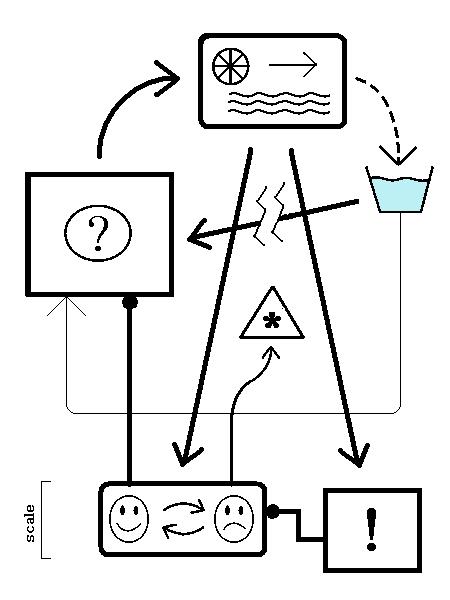I just saw the very last evening of the week long Toy Theatre Festival, which means I’ve just seen about twenty miniature puppet shows by various artists. There is a warmth and love from audience to performer that pervades these shows which is quite different from anything you generally feel in a movie theatre or at a Broadway show. I now realize that part of my brain has been working away trying to understand this feeling. I think I’ve got it.
When you see a film, or traditional theatre, there is a definite sense of being on the outside looking in. You are aware that you are seeing an experience which took entire teams of experts, undoubtedly belonging to many different unions, with a budget that far exceeds any amount of money that has ever passed through your own mortal hands. All of this reinforces your position as anonymous consumer: you are merely a recipient of somebody else’s massive effort, a villager greeting the victorious army as it rolls into town with its banners waving and its massive tanks on the roll.
Miniature puppet theatre is different. The materials are simple and inexpensive. You can get by with a make-shift foam core proscinium arch and some pieces of painted cardboard on sticks. The real magic resides in the story you tell and your sense of timing in the telling. The audience is perfectly willing to enter the “magic circle” where disbelief is suspended – in fact, they are far more likely to do so – precisely because your puppets are so disarmingly simple and childlike. And therein lies a deeper truth.
I would argue that an audience for miniature puppet theatre is charmed by the clear implication that they themselves could make such shows, should they so wish. Of course the reality is different. Budget or no budget, you need talent and aesthetic judgement to put on a show. Great theatre is great storytelling, and that’s a skill that most people lack.
But the illusion is there. And what is puppetry, after all, if not a masterful illusion?

